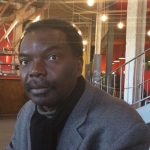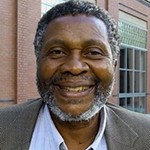Q&A for “Will Work for Food,” A New Book Exploring Labor and the Food Chain
Associate professor Laura-Anne Minkoff-Zern, a food systems scholar and human geographer at Syracuse University’s Maxwell School of Citizenship and Public Affairs, is co-author of the the forthcoming book “Will Work for Food” (UC Press). With her co-author Teresa M. Mares,…



